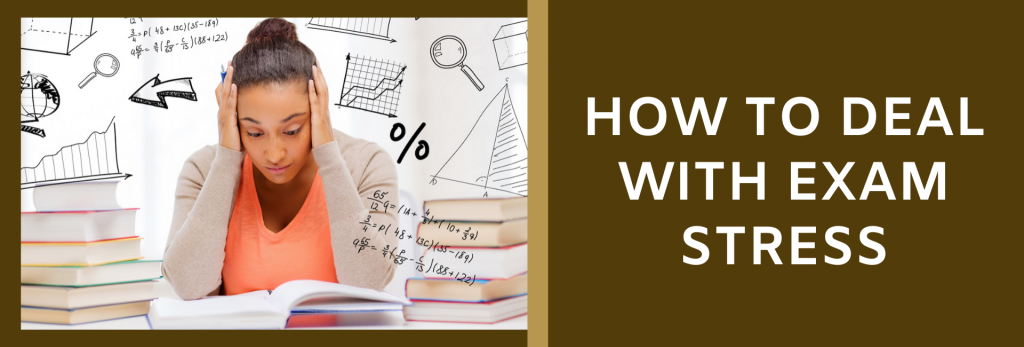In order to prepare for any important test or exam, studying for long hours at night the sleep becomes the biggest obstacle. This seems to be holding you back. Throughout exams, one of the biggest concerns is how to stop sleeping while studying. We have all heard of top students claiming they can study for long hours at a stretch or study during the night without getting any sleep.
You may be preparing for your upcoming exams, just like every other student. All your materials for studying are ready to go. Perhaps you have snacks and coffee as well. You have everything you need, but the feeling of sleepiness strikes at the most inconvenient times. So here we mention some of the tips that will assist you to study for long hours.
Here Know The Tips How To Stop Sleep While Studying
1. Keep your study room well lighted
The most frequent mistake students make is to study using an electric table lamp in the entire room, because a large part of the room is in darkness, creating a comfortable atmosphere that can cause you to get into that beautiful bed in a dim setting. Therefore, to avoid an uncomfortable situation, make sure that you keep your space bright and well-lit.
2. Study Somewhere That’s Not Too Comfortable
If you are too relaxed, you will become more sleepy. Take a seat in a sturdy desk chair and sit straight instead of leaning against a few pillows on your bed or tucked away beneath a blanket on your couch. There is no need to feel uncomfortable, but try to be careful not to get too cozy as you work. If you like to study at home, create a dedicated area for study. It can be a corner in your home with a desk, chair, or kitchen table. Anywhere you are able to concentrate without being too comfortable is ideal!
3. Avoid eating heavy meals
We’ve all experienced the drowsy feel that sneaks into your body after eating and if you must work in a sleepy mood, then nobody will be able to stop it. In reality, after a heavy meal, you’re exhausted and relaxed and struggle to keep your eyes open. The fatigue that is triggered after eating a heavy meal reduces the power of retention. Additionally, if you are feeling tired, you’re more likely to go to the couch. However, don’t assume that you have to eat a diet to get rid of this feeling. Instead, it is better to eat your meals earlier and have smaller meals.
4. Keep your Body Alert
If you are unable to stop studying in the same stagnant position for long hours then you’re more likely to be overwhelmed by drowsiness and laziness. Therefore, when you begin to feel tired you should get up from your seat and walk around your room to stretch your arms and legs. You can be studying while moving in your living room. It has been proven that walking to study is not just helpful in avoiding sleeping, but also increases concentration.
5. Learn by writing
If you continue to read the book to learn this will result in an atmosphere of monotony because of which you are likely to feel disinterested, which could eventually give the opportunity to fall asleep. To prevent the fatigue from accumulating it is recommended not to just be an observer, but to learn by writing down your thoughts so that your brain stays engaged by writing with the writing and documenting the lessons you’ve learned.
6. Avoid Studying difficult subjects at night
At night, you feel more tired if you’re solving difficult problems or trying to master difficult topics. Make sure to focus on the easier and lighter parts of the syllabus during the late at night. You can leave the more difficult topics for during the day, as your brain and body are active and fresh. For your late-night studies select only those subjects that are easy to grasp, fascinating, and your most favorite subjects.
7. Drink plenty of water
Water is not just to keep you hydrated, but as a way to stay focused. It’s one of the amazing sleep avoiding tips. Actually, the best technique that a majority of students use when studying. If you drink a significant amount of water, you’ll need to go back to the bathroom to the toilet, keep you active and alert. Additionally, drinking a sufficient amount of water will help keep your brain hydrated, boosting your capacity for memory and retention.
8. Exercise at the Right Time
Exercise is the best method to increase your energy and levels all day long, especially when it is it is done early in the early morning. Exercise like running, sports, or even something as easy as a long walk can act as a natural stimulant to increase your body’s alertness as well as levels of energy. You’ll be able to immediately feel more energetic and ready to tackle the day with more energy if you exercise early in the day.
It’s best not to exercise in the afternoon or during the night unless you’re planning on an all-nighter. Because it’s an energy source exercise can make you feel awake and can cause sleep loss especially if it’s done right before bed.
Also read, How To Sit For Long Hours To Study











